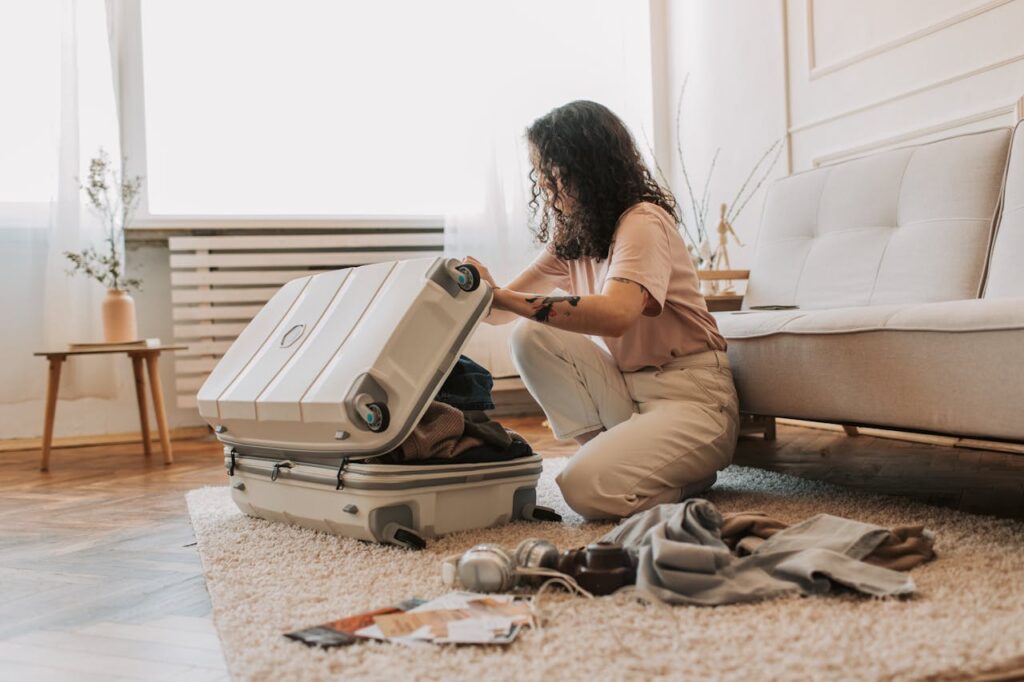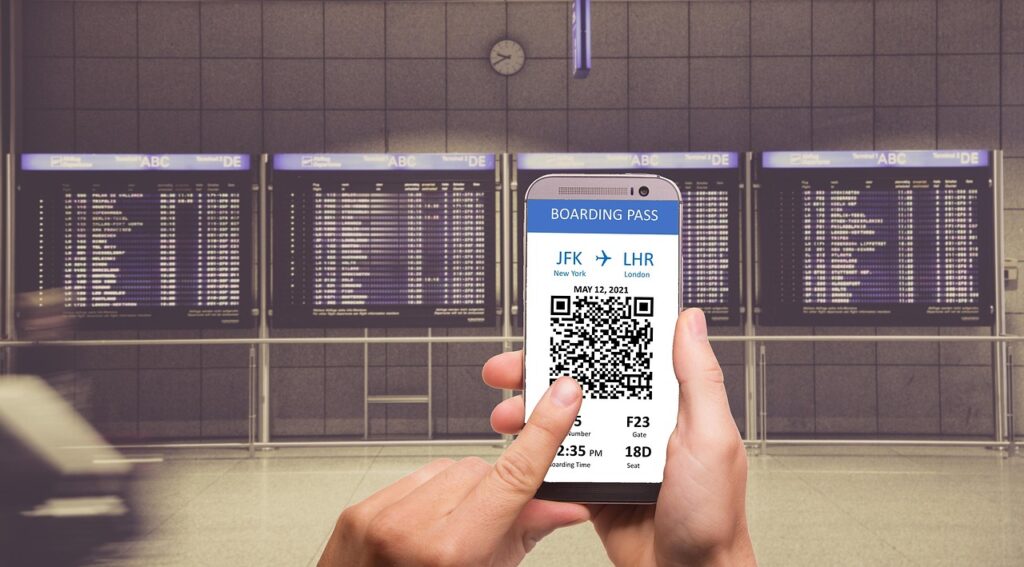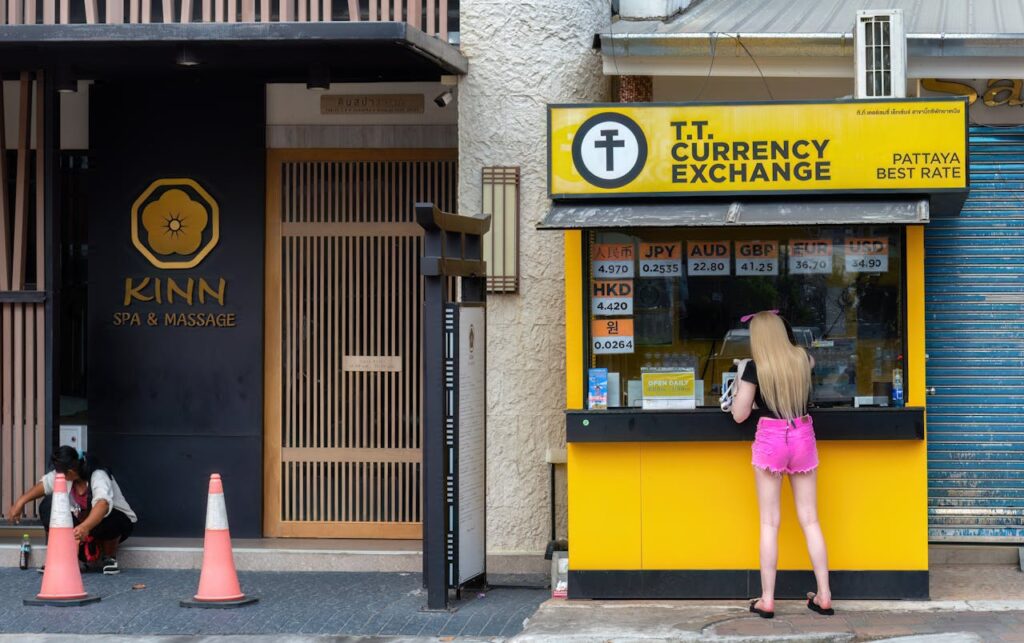We may earn money or products from the companies mentioned in this post. This means if you click on the link and purchase the item, I will receive a small commission at no extra cost to you ... you're just helping re-supply our family's travel fund.

Travel wisdom is often passed down like a treasured heirloom, full of well-meaning advice designed to keep us safe and prepared. For many of us, our first travel lessons came from our parents, shaped by a world where planning was more rigid and the unknown felt much further away. But just as luggage has evolved from heavy trunks to sleek spinners, so too has the art of travel itself. It’s time to lovingly re-examine some of those classic beliefs and embrace the freedom of the modern journey.
1. You Absolutely Need Traveler’s Checks

For a generation, those slim paper checks were the gold standard for travel security, a safety net in a world without ATMs on every corner. Today, relying on them is like carrying a pocketful of relics. With the near-universal acceptance of credit cards and the ease of withdrawing local currency from a bank ATM (which offers a better exchange rate), traveler’s checks are now more of a nostalgic hassle than a practical tool for seeing the world.
2. A Travel Agent Must Book Everything

There was a time when a trusted travel agent was the gatekeeper to the world, armed with giant binders and a mastery of airline codes. While they still offer incredible value for complex, multi-stop itineraries, the belief that you need one for every trip is a thing of the past. Today’s digital tools empower you to curate your own journey, discovering unique boutique hotels and local experiences that an agent might easily overlook.
3. Only Eat at Hotel Restaurants for Safety

This advice comes from a place of caution, born in an era when information about local hygiene was scarce. But to follow it today is to miss out on the very soul of a destination. Street food stalls, bustling local markets, and family-run trattorias are where you find the most authentic flavors and connect with the culture. With a little research and common sense, culinary exploration is one of travel’s greatest and most delicious rewards.
4. You Must Pack for Every Single Contingency

The “just in case” packing philosophy often leads to a heavy suitcase filled with items that never see the light of day. The modern traveler knows that packing light is a form of freedom. Unless you’re heading somewhere extremely remote, you can almost always buy what you need when you arrive. Pack for the trip you know you’re taking, not the ten imaginary ones you might encounter, and enjoy the liberty of a lighter load.
5. Stick to the Guided Bus Tour

The big bus tour offers a sense of security and efficiency, a way to see all the major landmarks from a checklist. Yet it often keeps you separated from the very place you came to see, viewing it through a window. Today’s travel is about immersion. It’s about getting lost on a charming side street, lingering in a small cafe, and making your own discoveries at your own pace, creating a story that is uniquely yours.
6. Hostels Are Just for Young Party Animals

The image of a loud, messy dorm room still persists, but the world of hostels has changed dramatically. Many now offer private rooms, stylish designs, and a communal atmosphere that appeals to travelers of all ages who value connection over extravagance. They are hubs of local knowledge and a wonderful way to meet fellow explorers from around the globe, proving that a social spirit has no age limit.
7. You Have to Print Every Confirmation and Map

That folder thick with printed hotel confirmations, flight details, and painstakingly highlighted MapQuest directions was once an essential travel companion. Now, it’s mostly just clutter. With offline maps, airline apps, and digital wallets, your smartphone is your all-in-one travel hub. A portable power bank is far more essential today than a stack of paper.
8. Exchange All Your Money Before You Leave

The currency exchange booth at your home airport often offers some of the worst exchange rates you’ll find anywhere. The long-held belief that you need to arrive with a wallet full of foreign cash is no longer practical. It’s smarter to arrive with a small amount for immediate needs and then use a local bank ATM to withdraw more. You’ll get a much better rate and won’t have to carry so much cash at once.
9. You Should Dress Up for the Flight

There was a certain romance to air travel in its golden age, when flying was a special occasion that called for your Sunday best. While the sentiment is lovely, the reality of modern long-haul travel is all about comfort. With cramped seats and hours spent in transit, breathable fabrics and comfortable shoes have rightfully replaced suits and heels as the savvy traveler’s uniform.
10. Avoid Talking to Strangers

While personal safety is always paramount, the blanket rule to avoid all interaction with locals is a relic of pure stranger danger. Some of the most beautiful and enlightening travel moments come from a simple, friendly exchange. Asking a shopkeeper for a restaurant recommendation or striking up a conversation at a coffee shop can open doors to experiences and perspectives you’d never find in a guidebook.
11. International Calls Require a Special Phone Card

Remember the struggle of buying a phone card, finding a payphone, and punching in a seemingly endless string of numbers just to say hello? That world is long gone. With Wi-Fi, eSIM technology, and apps like WhatsApp and FaceTime, connecting with loved ones back home is easier and more affordable than ever. A simple “thinking of you” text from across the world is now wonderfully commonplace.
12. A Physical Guidebook Is Your Only Bible

Those well-worn Fodor’s and Frommer’s guides were once the undisputed source of all travel truth. They are still wonderful resources for planning and context, but relying on them alone means missing out on what’s happening right now. The best approach is a blend of old and new: use the guidebook for history and inspiration, then turn to travel blogs and local guides for the most current information.
13. Travelers Need a Separate Camera for Quality Photos

It used to be that only a dedicated camera could capture trip-worthy shots. Modern smartphones now rival or even surpass many point-and-shoots, offering incredible image quality and editing tools in one pocket-sized device. Unless photography is your main goal, your phone is more than enough. Skipping the extra gear saves weight and lets you focus on the experience instead of juggling lenses and chargers.